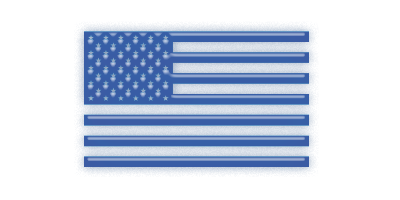 Federal Pretrial Diversion PTD |
Federal Pretrial Diversion
|
The Eligibility Criteria for the DOJ Pretrial Diversion Program have been updated. The disqualifier for having a history of substance abuse (alcohol or drugs) has been removed.
Federal Pretrial Diversion Eligibility Criteria
According to the Feds, “Pretrial diversion (PTD) is an alternative to prosecution which seeks to divert certain offenders from traditional criminal justice processing into a program of supervision and services administered by the U.S. Probation Service. In the majority of cases, offenders are diverted at the pre-charge stage. Participants who successfully complete the program will not be charged or, if charged, will have the charges against them dismissed; unsuccessful participants are returned for prosecution.”
The four disqualifiers are now — The U.S. Attorney, in his/her discretion, may divert any individual against whom a prosecutable case exists and who is not:
1. Accused of an offense which, under existing Department guidelines, should be diverted to the State for prosecution;
2. A person with two or more prior felony convictions;
3. A public official or former public official accused of an offense arising out of an alleged violation of a public trust; or
4. Accused of an offense related to national security or foreign affairs.
Federal Pretrial Diversion a Possibility? Call 813-222-2220 .
Source: https://www.justice.gov/usao/eousa/foia_reading_room/usam/title9/22mcrm.htm#9-22.100/s/Jeff
27.9503652-82.44511



